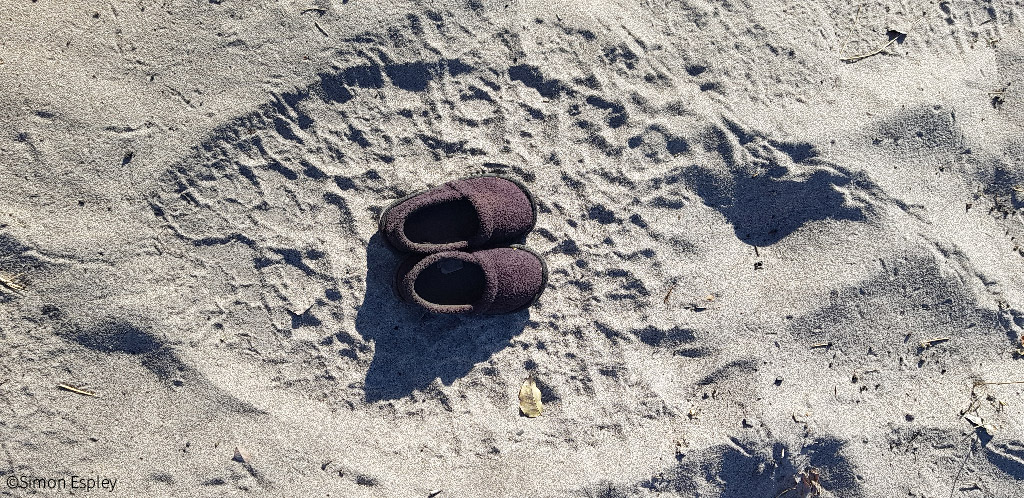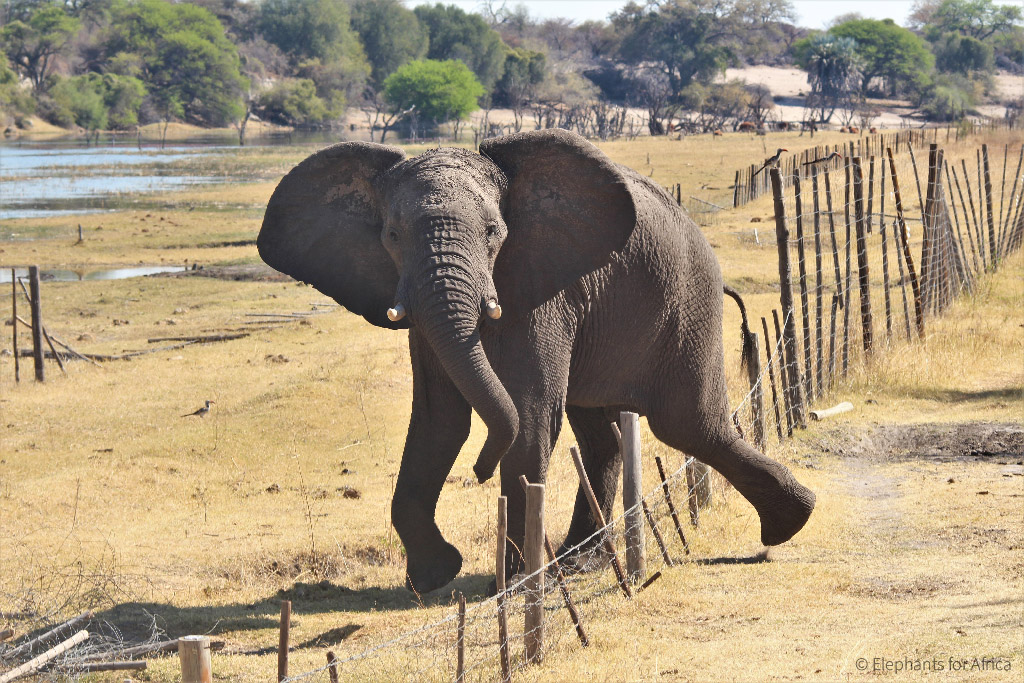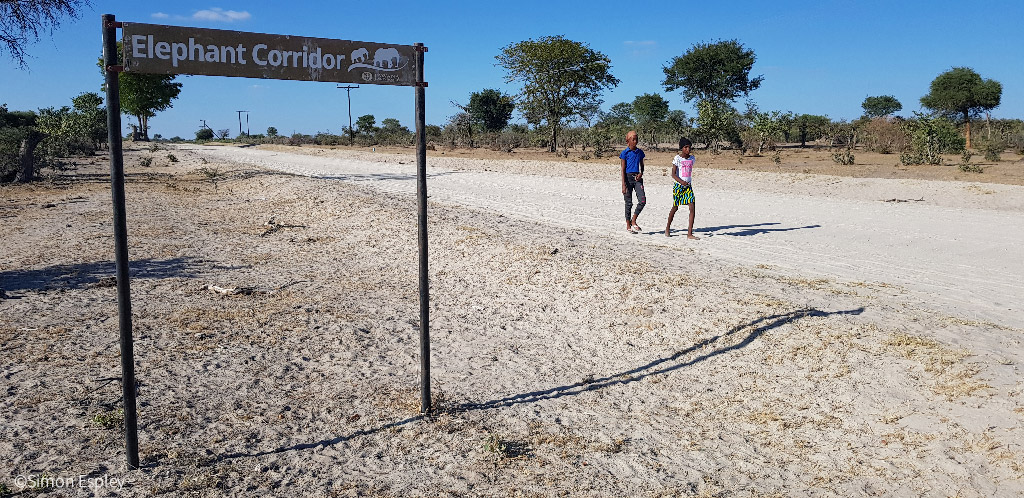
OPINION POST by Ishmael Chaukura and others
Below is a Communities Response letter by Ishmael Chaukura of the Masoka Community in Zimbabwe, along with a number of concerned parties from 4 southern African countries. It was originally published in Science Magazine in response to an article calling for trophy hunting bans and also references Amy Dickman’s answer to that same article. According to the representative of the Communal Areas Management Programme for Indigenous Resources (CAMPFIRE) in Zimbabwe, it “is vital to ensure that discussions on conservation are informed by those who live with wildlife and that their livelihoods are protected, and rights upheld”:

Dear Sir/Madam
A recent letter in Science by Dickman et al about trophy hunting unleashed passionate debate in the Western media. These discussions have involved over 400 conservationists, academics and animal rights advocates from the US, Europe and Australia, voicing strong, if divergent, opinions on effective conservation strategies.
Much of the discussion focuses on Africa, but with the notable exception of Dickman et al’s letter, key voices missing from the debate are those of rural people and governments who live with and manage African wildlife, and who will ultimately determine its future. As legitimate representatives of many thousands of people from key wildlife range states (Botswana, Namibia, Zimbabwe and Zambia), we would like to correct this and have our perspective and voices heard.
Sustainably managing megafauna is complex, and successful conservation must start with we who live directly with wildlife. Whilst many in the West view elephants, lions and other wildlife through a romantic, idealized lens, our daily reality of living with these magnificent and valued, yet often dangerous, animals requires more pragmatism.
We, who live surrounded by this wildlife, worry daily that our children may be killed on their way to school, or that our livelihoods will be destroyed. In Botswana, 36 people were killed by elephants in 2018. In Zimbabwe, at least 30 people were trampled by elephants in 2019. Every death is a tragedy, and often involves family breadwinners. Recently, two Zimbabwean siblings disappeared from their home. Only the dismembered head of the two year old was recovered from the suspected hyena attack, and the four year old has never been found. The harsh reality is that if wildlife is just a threat to us, and our incentives to conserve it are removed, its future will be as bleak as that of the wolves, bears and other carnivores of Europe and the US.

For centuries our people have lived with wildlife, and its value is deeply ingrained in our cultures. During colonial times our rights to manage and benefit from these resources were removed. This led to dramatic loss of wildlife and its habitat – a disaster for conservation, our traditions and our livelihoods. Following independence, our governments restored our rights and integrated wildlife into rural economies. This enabled the development of socio-economic incentives to live with and sustainably manage our wildlife. Whilst it varies nationally, up to 90% of these economic incentives are provided through sustainable, regulated hunting. This has led, in Southern African countries such as ours, to increasing wildlife populations and habitat, often even beyond formally protected areas, in stark contrast to most Western countries.
We acknowledge that banning wildlife trophy imports into foreign countries is within the right of those governments. We further recognize that regulated hunting may appear a counter-intuitive conservation strategy to many. Yet if your objective is conservation – not solely the recognition of individual animal rights – import bans are misguided and have important implications for our human rights. We are concerned that hundreds of millions of dollars have been gobbled up in misleading animal rights campaigns without any benefit for the custodians of African wildlife – African people. Banning trophy imports risks significantly reducing the value of our wildlife, reducing incentives to tolerate and manage wildlife as an integral component of our livelihoods. Imposing such disastrous policies on us negates our sound conservation record. Once again, wildlife numbers will plummet and our rights to sustainably manage our natural resources will again be undermined.
We recognize and respect the rights of Western conservation scientists and animal rights advocates to discuss how best to manage African wildlife. However, we request that your discussions are informed by our voices as custodians of this wildlife. Discussions should acknowledge both our conservation successes and our communities’ right to earn a livelihood through the culturally appropriate, sustainable management of our resources for the benefit of our people. Any less is to deny our human rights.
Yours sincerely,
Ishmael Chaukura
CAMPFIRE Inter-ward Chairperson – Mbire District, Zimbabwe

Full Letter: RE. Communities Response in Science Magazine. Ishmael Chaukura (CAMPFIRE Inter-ward Chairperson Mbire District, Zimbabwe), Gakemotho Satau, Kutlwano Russel, Tumeleng Mogodu, S.K. Moepedi, Kerapetse Bantu Peter, Amos Ben Mabuku, Hilda N. Nathinge, Max Mayemburuko, Theo Naruseb, Brisetha Hendricks, Stein Katupa, Zaack Dirkse, Geoffrey Tukuhuphwele, Never Ncube, Delani Mabhena, Phillip Mpofu, Zoolakes Nyathi, Morning Manguba, Isaac Msebele, Land Ndebele, Innocent Mavunela, Patson Simango, Kumbula Jimmy, Naison Ndhlovu, K. Njanjeni, Nyalani Mgaduwi, Chief Shana, Sinikiwe Nyathi, Jabulani Ndubiwa, Promotion Dzomba, Sarudzai Goredema, Osca Marowa, Public Museruka, Ishmael Jack , Julius Chokubooka, Justin Mawachi, Cossam Chikondoma, Godfrey Ndlovu, Chief Tategulu, Chief Matupula, Chief Siphoso, Dr Rodgers Lubilo
To comment on this story: Login (or sign up) to our app here - it's a troll-free safe place 🙂.![]()






